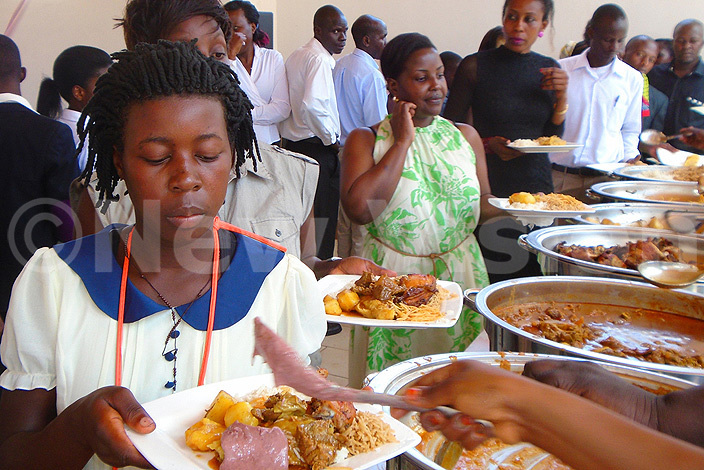How to have a balanced diet
Fruits also supply valuable vitamins and minerals, but in this case it’s important to eat fruit whole.
When combined with regular exercise, eating a balanced diet is an important part of maintaining a healthy lifestyle. The key to a nutritious diet is to make sure that your body has the right combination of proteins, carbohydrates, dairy products, fruits and vegetables -- and yes, even some healthy fats.
Vegging out
A variety of vegetables is an important part of any diet: They supply essential vitamins and minerals, give the body plenty of water and are low in fat and calories. Leafy greens in particular supply plenty of fiber, while orange vegetables like carrots and sweet potatoes supply plenty of vitamin A. Aim to eat 2.5 cups of vegetables each day.
Don't forbid the fruit
Fruits also supply valuable vitamins and minerals, but in this case it's important to eat fruit whole. Keeping the skins on fruit will also improve your diet by providing fiber. Processed juices are often very sugary, and in some cases, even fresh juices eliminate many of the vitamins found in a plucked-from-the-tree fruit.

Mix in the Milk
Dairy products supply calcium and some protein, but they can also be high in fat and sugar. Eat about 3 cups of dairy products per day, but stick to skim and low-fat versions.
Meat and beans
What does a balanced diet consist of?
Meat and beans provide protein, which keeps hunger at bay and provides a longer-term fuel supply than simple starches. The best protein sources are lean cuts, seafood and beans. Additionally, beans provide fiber, which keeps you full and regulates the digestive system. Aim to eat 5.5 ounces of meat or beans each day.
Check the oil
Every balanced diet should have some fat. But instead of loading up your bread with butter or pouring oily dressing over salads, try to consume seafood and nuts, which contain healthy, good-for-you fats such as omega-3s.